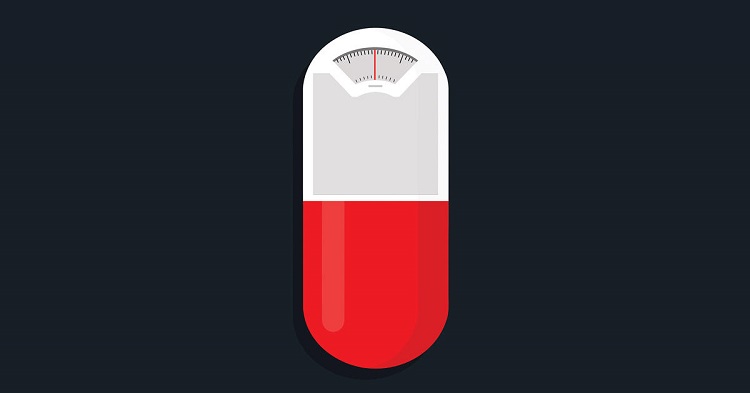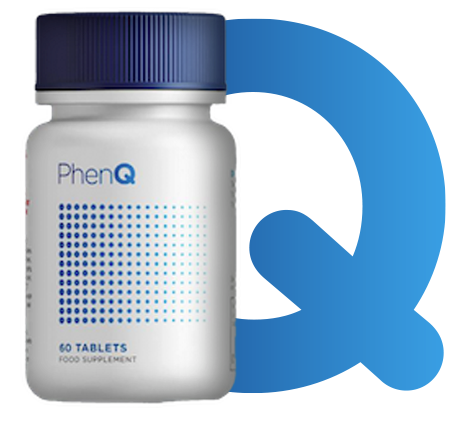What is Phentermine?
Phentermine is a medication that requires a prescription and is used to help reduce appetite and support weight loss. It falls under the category of amines, which function by stimulating the release of chemicals, in the brain that regulate hunger.
What are the potential long term effects of Phentermine?
Although Phentermine can be effective in the term for weight loss it’s important to consider long term consequences. These may include;
An increase in heart rate and blood pressure
Difficulty sleeping and disturbances in sleep patterns
The possibility of developing dependence or addiction
Mood swings and feelings of irritability
A tolerance to the drug, necessitating doses for comparable results.
Is Phentermine addictive?
Indeed Phentermine has qualities. The Drug Enforcement Administration (DEA) has classified it as a Schedule IV controlled substance. While its abuse potential is relatively low compared to drugs, in schedules it can still lead to both psychological dependency.
What are the indicators of addiction, to Phentermine?

Signs of addiction to Phentermine may include:
1. Strong. An intense desire to use the medication.
2. Taking doses of Phentermine than prescribed.
3. Continued usage of Phentermine despite experiencing consequences.
4. Experiencing withdrawal symptoms when attempting to discontinue the use of Phentermine.
5. Losing control over the use of Phentermine.
Fact 3 How does addiction to Phentermine develop?
Addiction to Phentermine can gradually develop as the body builds tolerance to its effects. This means that higher doses are required in order to achieve the desired appetite suppressing effect. Consequently individuals may begin misusing or abusing Phentermine resulting in addiction.
What are the factors that increase the risk of developing addiction to Phentermine?
There are factors that can heighten the risk of developing addiction to Phentermine including;
1. A history of substance abuse or addiction.
2. Prolonged use of Phentermine.
3. Taking doses higher than prescribed.
4. Combining Phentermine with drugs or alcohol.
5. Having a family history of addiction.
Fact 4; Can withdrawal from Phentermine be dangerous?
Withdrawal from prolonged use of Phentermine can be uncomfortable and potentially hazardous if not properly managed. Suddenly discontinuing the use of this medication can lead to withdrawal symptoms such, as fatigue, depression and increased appetite.
To ensure a discontinuation of Phentermine it is crucial to decrease the dosage, in consultation with a healthcare expert. This approach allows the body to acclimate to levels of the medication and reduces the chances of experiencing withdrawal symptoms.
Fact 5; Are there alternatives for weight loss besides Phentermine?
Certainly! If Phentermine is not suitable. If concerns about its potential exist there are alternative weight loss medications and strategies to consider. These include;
Orlistat; A medication that hampers absorption in the system.
Liraglutide; An injectable medication that aids in appetite control and blood sugar regulation.
Diet and exercise; Making lifestyle changes to foster healthy weight loss.
Behavioral therapy; Collaborating with a therapist to address emotional and psychological factors related to weight.
Surgical interventions; Options like gastric bypass or gastric sleeve surgery for individuals facing severe obesity.
Fact 6; How can one safely use Phentermine?
Safely using Phentermine involves adhering to the dosage and instructions provided by a healthcare professional. It should only be used for the recommended duration typically ranging from a weeks to a months. Combining it with weight loss medications or substances, without supervision is not advisable.
What precautions should one take when using Phentermine?
When using Phentermine it’s crucial to consider the following precautions;
1. Inform your healthcare provider about any existing conditions or medications you’re currently taking.
2. Refrain, from consuming alcohol while taking Phentermine.
3. If you experience dizziness or other side effects avoid driving or operating machinery.
4. Regularly monitor your blood pressure and heart rate.
5. Report any unusual or concerning symptoms to your healthcare provider.
Fact 7; Can Phentermine be used for long term weight management?
Phentermine is not meant for long term use.
Typically it is prescribed for short periods to kickstart weight loss efforts, in individuals who’re obese or overweight but haven’t achieved weight loss through diet and exercise alone.
What are the risks of long term Phentermine use?
Using Phentermine for a period can increase the risk of dependence, tolerance and other potential side effects.
It’s important to work with a healthcare to determine the most appropriate weight management approach based on individual needs.
Fact 8; Can Phentermine be used recreationally?
Recreational use of Phentermine is strictly. Should never be done without a prescription.Using Phentermine without supervision can pose significant health risks and lead to addiction due, to its status as a controlled substance.
What are the potential dangers of using Phentermine
Engaging in use of Phentermine can result in hazards including;
1. Increased heart. Elevated blood pressure
2. Cardiovascular complications
3. Psychological. The risk of addiction
4. Overdose with consequences
5. Legal ramifications
Fact 9; How can one seek help for Phentermine addiction?
If you or someone you know is struggling with Phentermine addiction it is crucial to reach out to a healthcare professional or an addiction specialist for assistance.
They can offer guidance, support and treatment options to aid in overcoming addiction and achieving long term recovery.
What treatment options are available for Phentermine addiction?
Treatment possibilities for Phentermine addiction may involve;
1. Detoxification; Safely managing withdrawal symptoms, under supervision
2. Behavioral therapy; Addressing underlying factors while fostering coping mechanisms
3. Support groups; Participating in group therapy or support groups that connect individuals facing challenges
4. Medication assisted treatment; Utilizing medications to assist in managing cravings and reducing the risk of relapse
5. Aftercare support; Providing assistance and resources to maintain sobriety and prevent relapse
Fact 10; Is it possible to prevent Phentermine addiction? While its not possible to guarantee prevention of Phentermine addiction there are ways to minimize the risk;
1. It’s important to follow the dosage and instructions provided by a healthcare professional.
2. Use Phentermine for the recommended duration. Avoid long term usage.
3. Stay vigilant, about recognizing signs of addiction and reach out for assistance if necessary.
4. If Phentermine is not suitable for you consider exploring weight loss methods.
5. Collaborate with a healthcare to create a plan, for managing your weight.
By being aware of the risks and proactively taking steps individuals can make choices regarding the use of Phentermine while prioritizing their overall health and well being.





















Add comment